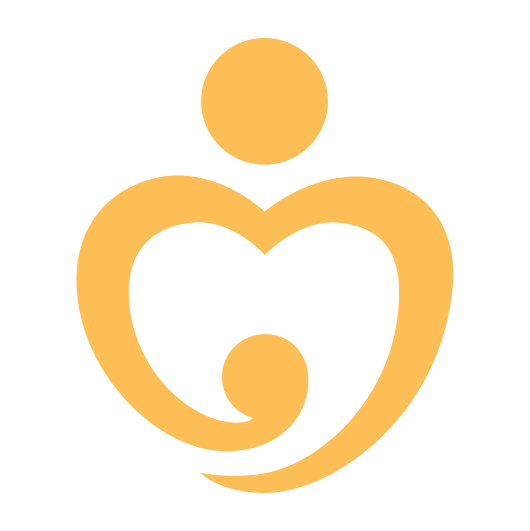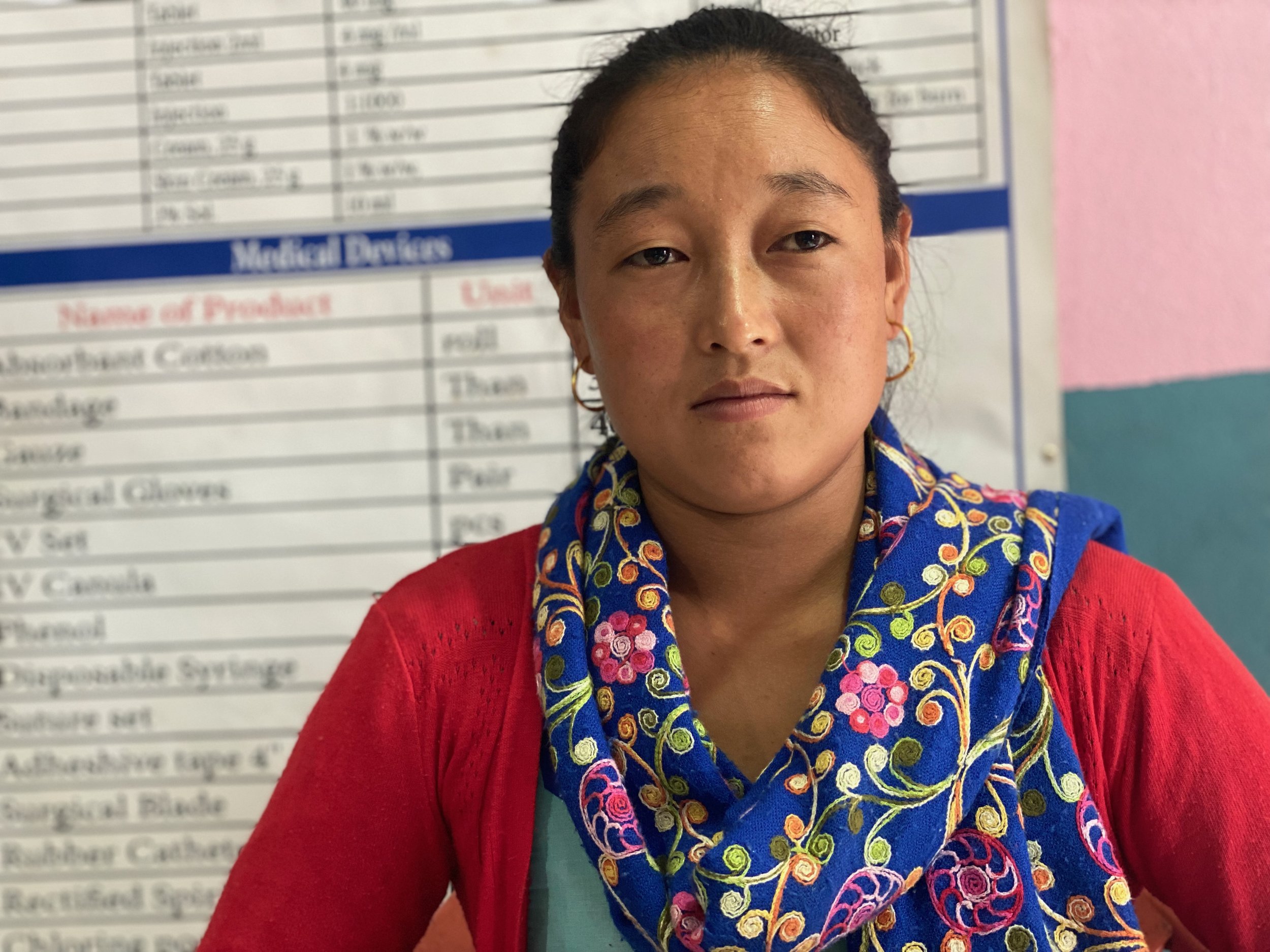Footprints for sustaining quality maternal and neonatal healthcare
Local government efforts and investments in Sankhuwasabha are helping to work towards a strengthened health system with the support of One Heart Worldwide.
By Naresh Newar in Sankhuwasabha
In the wee hours of a rainy morning, 27-year-old Ramuna Sherpa began to feel excruciating pain she had never experienced before during her pregnancy. She needed emergency aid and was running out of time. The government-run Siddhakali Health Post was the only health facility closest to her house. But, unfortunately, there was no vehicle available to transport her.
Her family, mostly female relatives, found a makeshift stretcher as their only means of transport. They had to walk for over an hour to reach the health facility. Each minute seemed like a lifetime for Ramuna as her labor pain became severe.
"I thought I would not survive this. It was the worst day of my life," says Ramuna. After finally reaching the health facility, nurses took her to the newly renovated center, built with the support of One Heart Worldwide in partnership with Chainpur Municipality.
Nurses, Siddhakali health staff, and members of the Health Facility Operation and Management Committee (HFOMC) waited impatiently. They feared that Ramuna was facing a life-threatening risk after the family informed them about her severe labor pain.
As soon as Ramuna arrived, the nurses took every step to save her. She had a breech case, in which the baby was positioned bottom-down with his feet in the uterus. Luckily, they had experience in dealing with such complications. The skills and knowledge the nurses learned from a clinical training series, along with mentorship from OHW's clinical team, provided the needed expertise to save Ramuna.
"Today, when I think of that day, I realize how lucky we all are, and it makes me proud that we have such a high-quality birthing center - it feels like being in a city hospital," says Ramuna.
In Sankhuwasabha District, OHW helped to provide onsite coaching and mentoring to 82 nurses and provided government-certified SBA training for 27 nurses.
Strengthening capacity in health facility management
A team effort and a strengthened health system at Siddhakali Health Post saved Ramuna and her newborn. This transformation in service delivery has helped the local community to get quality care for institutional birth deliveries.
"A lot has changed for us. Until a few years ago, we were ashamed to call this a health facility. The sanitation condition was bad, and we didn't have the proper equipment. We often struggled with how we could provide quality service to mothers and pregnant women, most of whom refused to come here for institutional birth delivery," says Rasik Paudel, Siddhakali Health Post In-Charge.
He shares how much has changed since Chainpur Municipality partnered with One Heart Worldwide in 2017. The partnership has resulted in upgraded and fully equipped health facilities, focusing on renovating existing Birthing Centers and providing essential equipment for comprehensive maternity and neonatal care services.
"A key aspect of OHW's support was to provide training to enhance the management capacity of the HFOMC members," explains Rasik.
The HFOMC is vital in strengthening health programs in the municipality wards. Members help plan, implement, and monitor health activities in the health facility they oversee. "As a result, we now have better capacity and improved knowledge about managing our health facility. We never expected that we would be able to create such a quality birthing center with an affordable budget," says Rajan Kumar Khatri, Siddhakali Health Post's HFOMC member.
OHW helped renovate 11 birthing centers and provide total equipment support in 32 health facilities in all 10 municipalities of Sankhuwasabha and trained 241 HFOMC members to strengthen their capacity.
An empowered team of health service providers
Nurses, health workers, and Female Community Health Volunteers (FCHVs) have contributed significantly to strengthening the health system and building the capacities of nurses and health workers. They play an essential role in educating mothers on recognizing and responding to danger signals.
"We are the ones closest to the community, mothers and their household members. We play a crucial role in educating pregnant women and mothers. We also encourage them to visit the birthing center to take advice and counseling from skilled nurses," says FCHV Ambika Subedi.
OHW has helped to mobilize FCHVs who provide critical information and data on mothers and pregnant women. OHW's team coached and supported 176 FCHVs in 2022 to record and report on their monthly meetings. They discuss maternal, newborn and child health issues, information on pregnant women in their catchment areas, the number of home deliveries, cultural barriers, and the regularity of the Health Mothers Group.
"We know how FCHVs are often judged for not finishing school or college, but our experience dealing with many pregnant women and mothers and their newborns has made us knowledgeable. The support from the OHW team has made us more knowledgeable and capable," says Ambika.
OHW helped train 143 health workers and 198 FCHVs from 10 municipalities on birth preparedness.
Leaving behind the footprints for a sustainable health system
After nearly five years, OHW exited from Sankhuwasabha in 2022. OHW programs have helped strengthen the MNH system in all ten district municipalities. In the final stage of the OHW program, the exit process involves a two-year transition phase when the OHW team maintains regular contact with the District Health Office, municipalities, and health facilities. This exit strategy allows for a proper handover of all activities to the local municipalities and communities.
"OHW will be missed in our district, but its contribution has left a footprint that will help us to move forward. OHW arrived at a very critical time in 2017 when many representatives had been newly elected, and the federalism process was being implemented," says Suman Shakya, Chief of Sankhuwasabha District Coordination Committee (DCC).
He added that the new governance system had a positive impact on strengthening local government leadership. "This was when the partnership with OHW turned out to be such a good opportunity with a vision to strengthen our health system."
DCCs play an integral role in coordinating between rural and urban municipalities provincial governments, and represent the federal government in coordinating development work carried out by both the government and non-government organizations at the District level.
"OHW has shown us the way, and now we have a clear roadmap to continue the process of progress," says Poshraj Shrestha, Public Health Officer of Madi Municipality. Even during the height of the COVID-19 pandemic, institutional birth deliveries had increased in Madi, which had one of the highest infection rates (based on the population ratio).
"Although OHW left us, their team showed us the direction we should follow, how to make our health systems sustainable and more organized, and how to ensure ongoing efforts to make maternal and neonatal health safer continue to thrive," says Mr. Shrestha.





